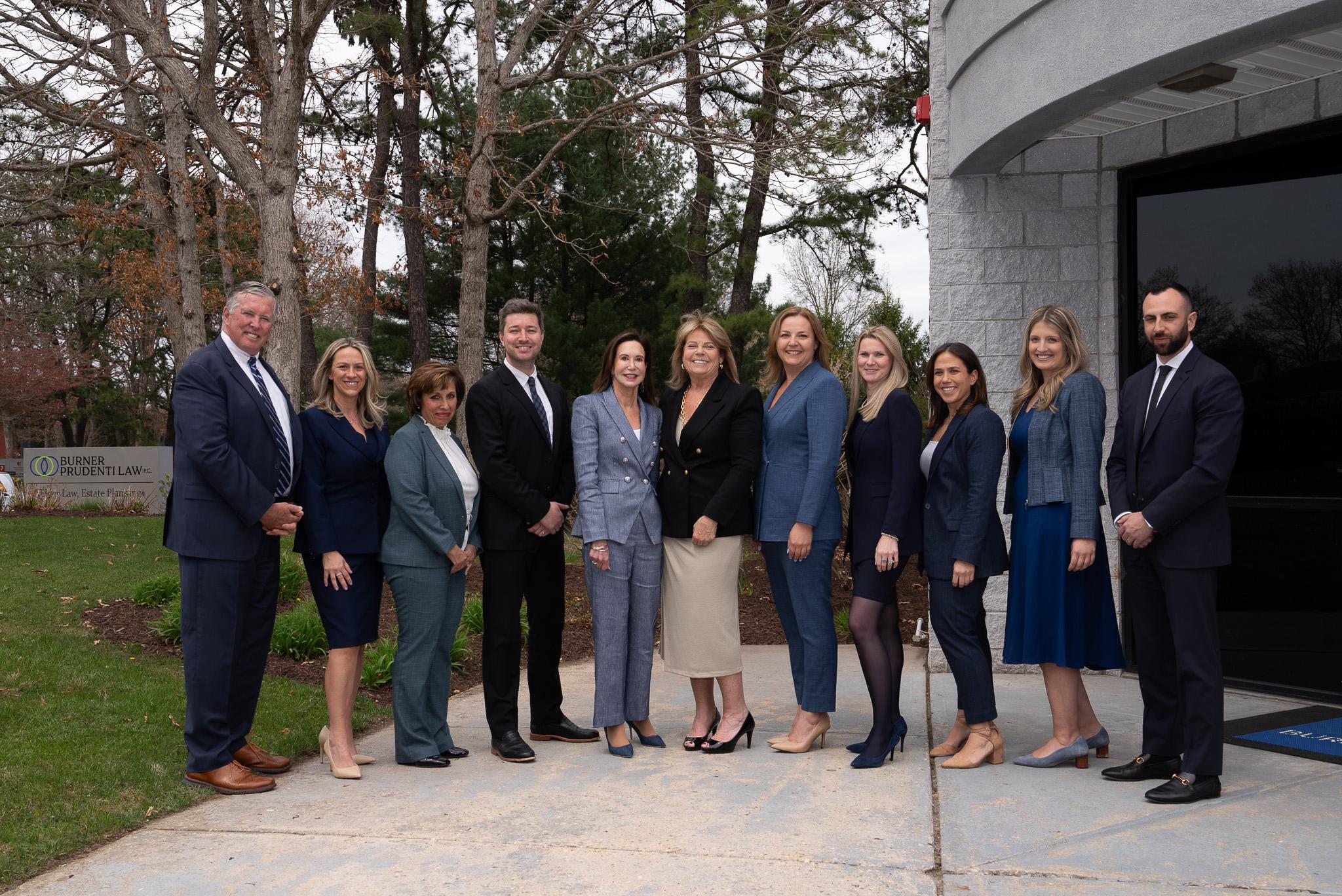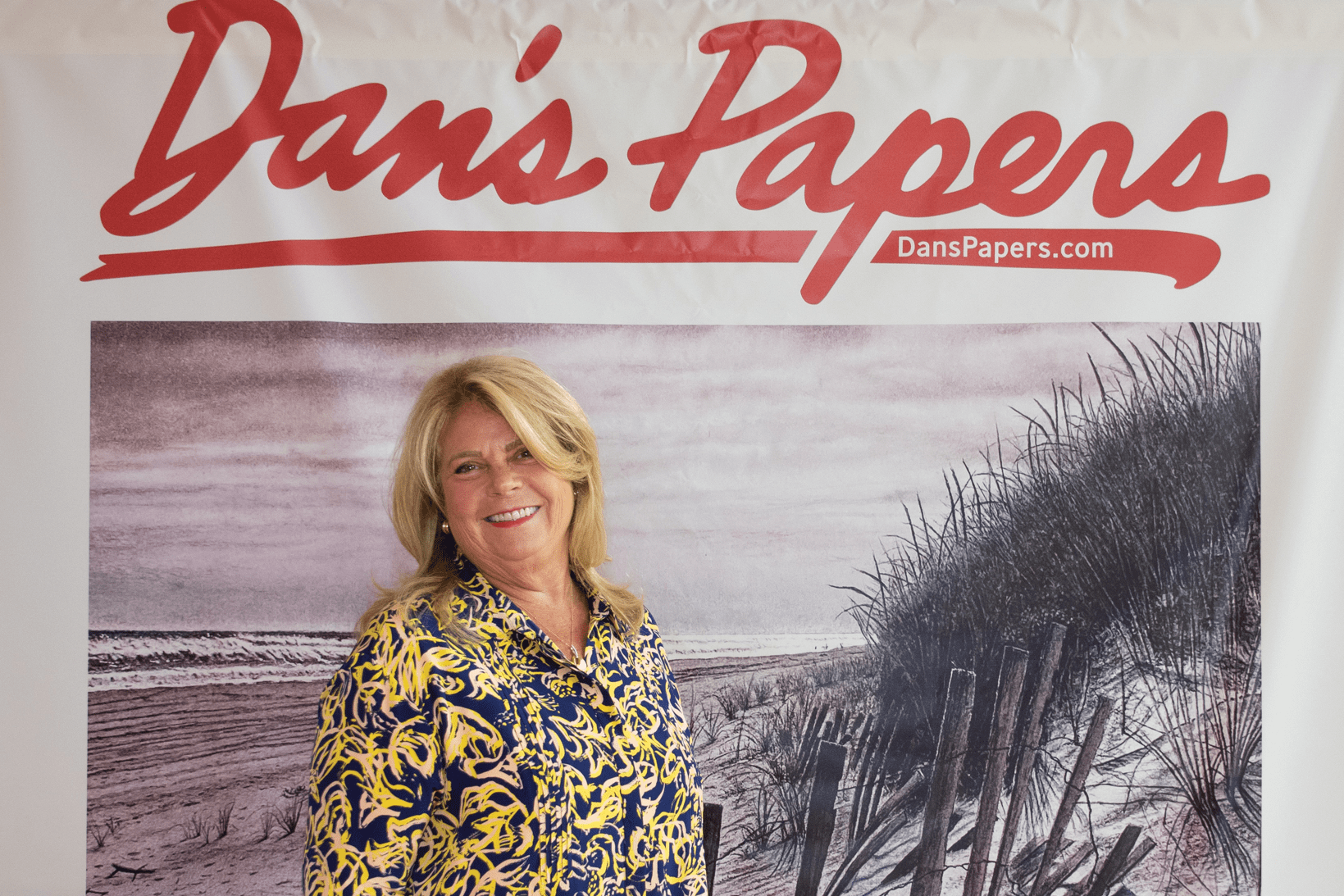
Latest News
How Can My Estate Plan Protect My Spouse?
It’s important to let your attorney know what kind of protection you are looking for because the circumstances of your health and wealth will affect which plan is right for you and your spouse.

As a legal adult, no other person, including your parents, can make health care decisions or manage money for you without the right legal documents in place.

An ABLE account is one solution of many for individuals eligible for government benefits looking to protect their benefits and preserve assets.

The Consumer Directed Personal Assistance Program allows those who need a caregiver to recruit and hire someone of their choice to assist them with daily needs.

Burner Prudenti Law, P.C., a women-owned Elder Law, Estate Planning, Trusts & Estates and Real Estate firm serving New York for over 30 years, is proud to announce the promotion of Brittni Sullivan, Esq. and Melissa Doris, Esq. to Partners.

With the busy lives of a young family, planning for a scenario that might never happen may be at the bottom of the to-do list, but no one knows what odds they are up against.

A timeshare is an asset, like any other – and if you own one, you should consider implementing an estate plan that considers and protects it.

At Burner Prudenti Law, we’re always looking for ways to better serve our clients and support their families through life’s most important decisions. That’s why we’re thrilled to welcome two exceptional attorneys to our team: Erin Cullen, Esq. and Alma Muharemovic, Esq.

Starting September 1, 2025, the medical and clinical requirements to be eligible for in-home care paid by Medicaid are changing.

Estate planning is especially challenging for blended families. They must consider how an estate plan will impact the surviving spouse, biological children, and stepchildren.

While a life estate deed is one of the tools in the estate planner’s belt, it is not the answer for everyone. As with any planning, the best option will depend on the goals, concerns and people involved.
In The Media
-
Burner Prudenti Law Honored as One of Best Lawyers 2026’s Best Law Firms
Burner Prudenti Law is proud to share that our firm has once again been recognized by Best Law Firms® for excellence in Elder Law and Trusts and Estates, earning both national and metropolitan Tier 1 rankings.
November 6, 2025 -
Burner Prudenti Law Attorneys Named 2025 Super Lawyers and Rising Stars
Burner Prudenti Law is proud to announce that several of our attorneys have been recognized by Thomson Reuters for the 2025 New York Metro Super Lawyers and Rising Stars lists.
October 30, 2025 -
Hon. Gail Prudenti Named 2025 Leaders in Law Honoree
We are thrilled to share that our partner, Hon. Gail Prudenti, has been named a 2025 Leaders in Law honoree by Long Island Business News!
October 9, 2025 -
Hon. Gail Prudenti Named to Long Island Business News’ 2025 Influencers in Law
We are proud to congratulate our Partner, Hon. Gail Prudenti, on being named to the Long Island Business News 2025 Influencers in Law.
October 2, 2025 -
Burner Prudenti Law Named to Long Island Business News’ In the Lead: Women-Owned Businesses
Burner Prudenti Law, P.C. is honored to be recognized by Long Island Business News as one of the 2025 In the Lead: Women-Owned Businesses.
September 22, 2025 -
Burner Prudenti Law Featured in Dan’s Papers
Burner Prudenti Law was recently featured in Dan’s Papers, offering readers an in-depth look at our growth over the past 30 years.
August 27, 2025
Our Blog
We’re proud to share that our Partner, Hon. Gail Prudenti, has written a featured column for Long Island Business News titled “Understanding New York’s Court of Claims.”
In the landmark case of Connelly v. United States, the Supreme Court addressed critical issues concerning the estate tax implications of life insurance proceeds used in the redemption of stock in closely held corporations.
Our criminal courts protect victims. Our civil courts provide a forum for the peaceful resolution of disputes. Our family and surrogate’s courts guide families through what may be the most traumatic experience of their lives.
As we reflect on the complexities of family law, let us work together to support our justices, understanding the weight of their responsibilities and the importance of their decisions.
The Medicaid Asset Protection Trust (“MAPT”) is alive and well in the Elder law practitioner’s toolbox and is the best option for protecting real property.
The federal government and the marketplace are undergoing revolutionary changes that will inevitably transform the business of law and operation of courts. The question arising from the uncertainty is, how so?











